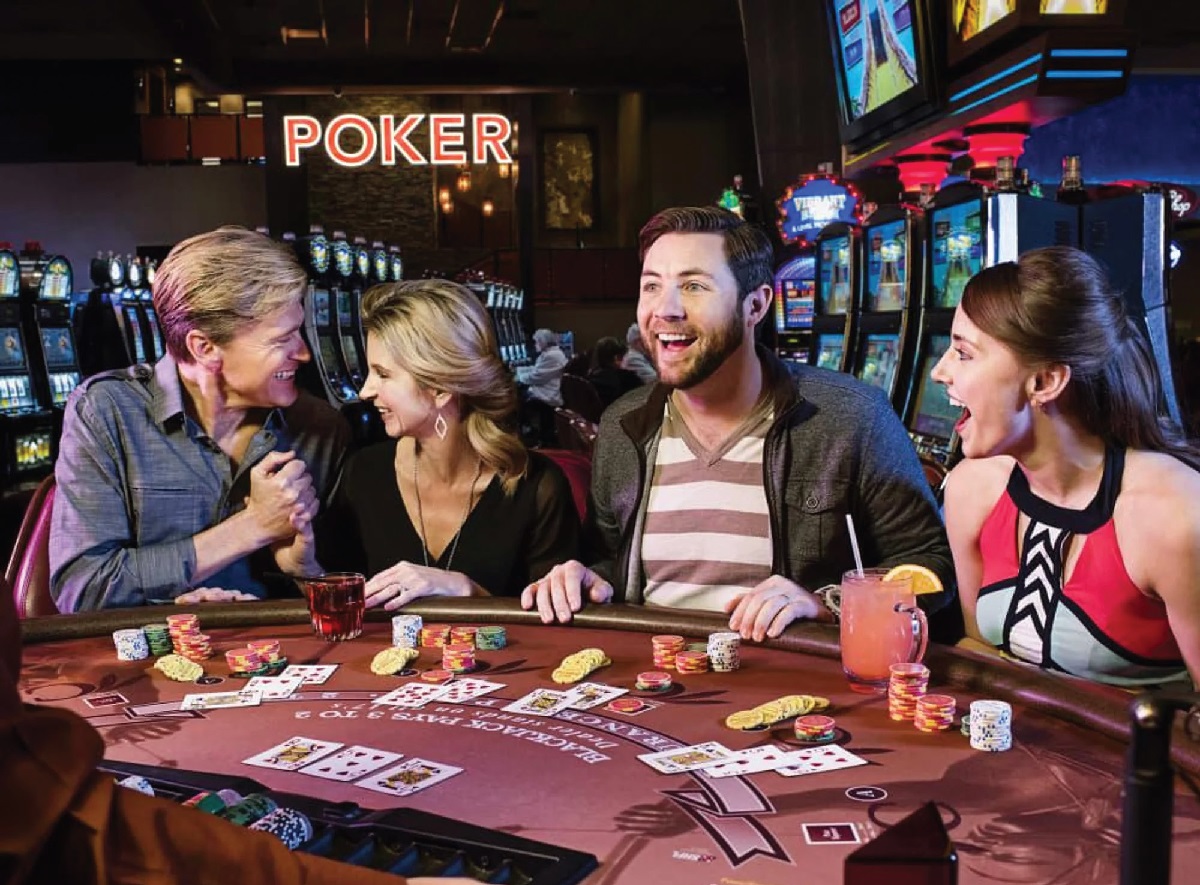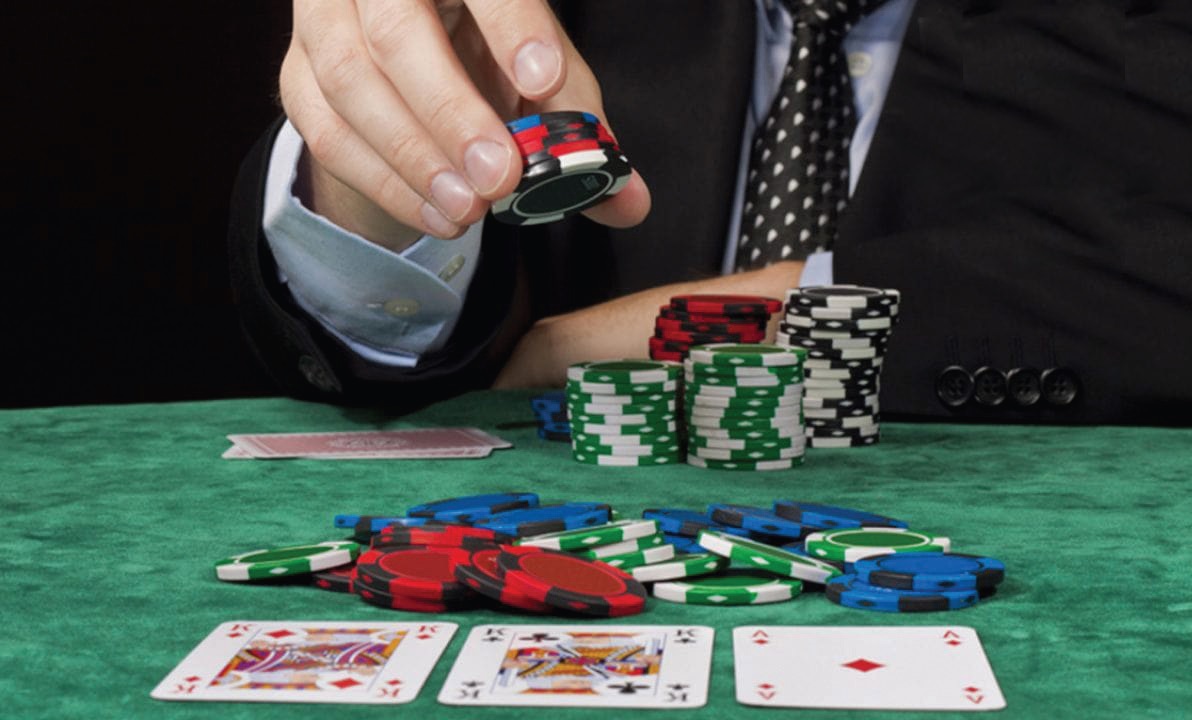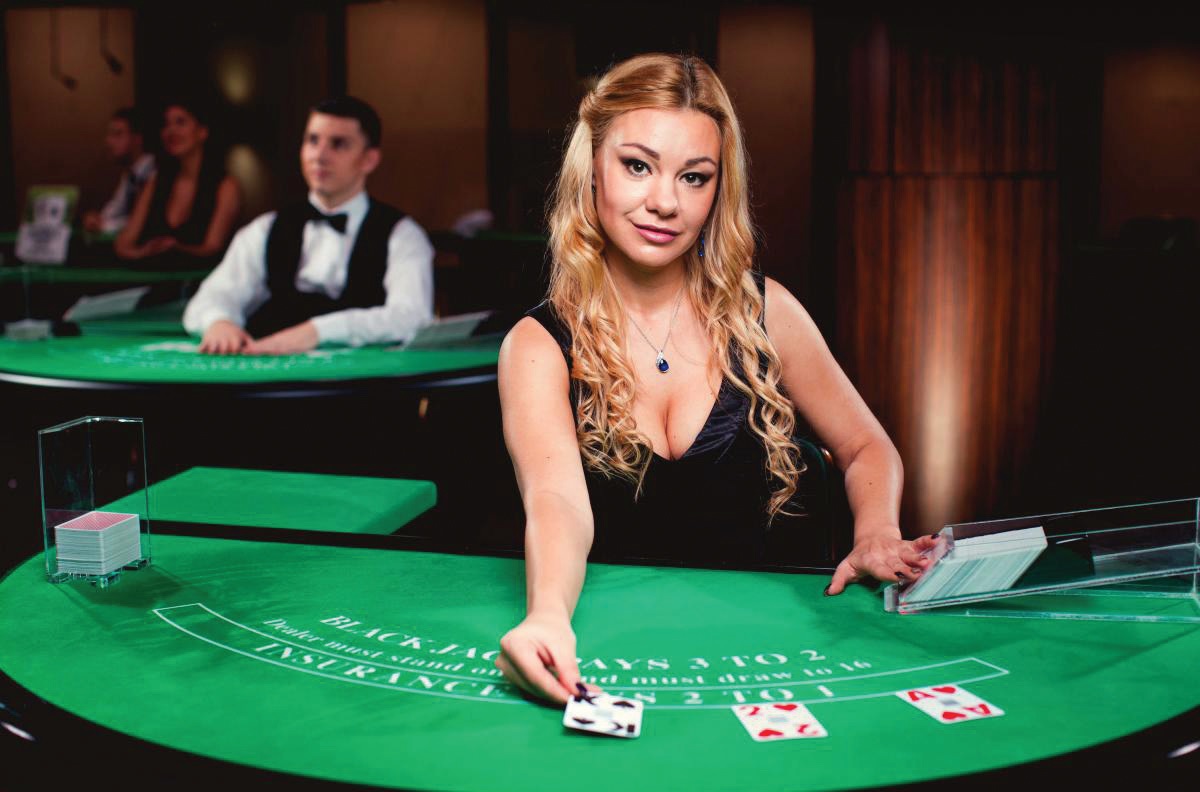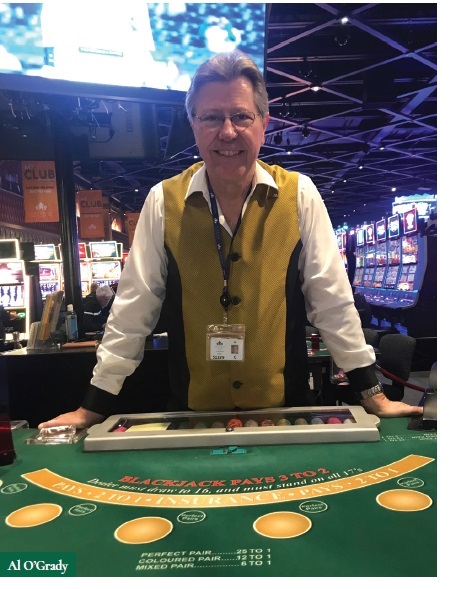Top mistakes people make at the blackjack table, Part Two.
s a blackjack dealer for a number of years, I can honestly say that nothing would surprise me at the tables. I am not going to be arrogant enough to say that I have seen it all. No one has. But I can say that I see players making mistakes all of the time and they can be summarized in the next few columns. Give yourself an assessment and look at these points. I guarantee that one or more of these applies to you. The good news is that it can be corrected.
If I could be your personal blackjack coach, I would have you focus on this list. There are no guarantees in life but if you get to the point where none of these items applies to you, you will definitely be a force to be reckoned with at the casino. These points are in no particular order as they can each have a negative impact in their own way.
Being a jerk by telling other people how to play
It is amazing how often people forget the Golden Rule. Simply treat others the way you want to be treated. How would you like it if someone berated your play at the table? You probably would not like it, so do not do it to others. They might be playing incorrectly, but at the end of the day it is their money and they can do whatever they want with it. You do not own the casino. They have the same right to be at the table as you do. What I find very amusing happens when some guy who thinks he is a 21 expert tells other people how to play, when in fact he makes basic mistakes himself. If you find yourself in a situation where a novice player is making a mistake that can affect the table, simply tell the individual that he is making a mistake and the reason why, but do it in a respectful, friendly fashion.
By being respectful and friendly you will find that not only will that player take your advice; they will be asking you for advice on future hands. It will be a pleasant experience for everyone. If the other person is not receptive to friendly advice, then simply take a break or go to another table. Above all, you need to handle the situation with class.
Not tipping the dealer
This is a contentious issue and, as a blackjack dealer, I freely admit that I am certainly biased, but there are some general guidelines regarding tipping. If you had a losing session, no dealer would expect a tip at all. If you really want to piss off a dealer, win a whole bunch of money and do not tip at all. Dealers talk amongst themselves and you will get a bad reputation in a hurry. You will be viewed as a cheapskate, a lowlife and every other name under the sun. What is worse, in future sessions you will not have the dealer on your side. The dealer will be rooting for you to lose. Why would you want that? If there are any discrepancies requiring a judgment call by a supervisor, the dealer will not give you the benefit of the doubt. On the flip side if you are winning and you are tipping the dealer along the way, the dealer will be on your side.
If you make an honest mistake by asking for a card when you should stick, the dealer might say “Are you sure about that?” The dealer will easily have earned his money helping you win.
What is a fair tip? There are no hard and fast rules, but if you’re looking for a guideline then one to two percent of your winnings would be reasonable. There are those that don’t tip because they feel the casino should pay its employees more and why should the winners have to subsidize a casino? Those people are right.

The casino definitely underpays its dealers but with that mentality you are just penalizing the dealer. You have to remember that dealers are paid a little more than minimum wage and rely on tips for a decent income. If they did not have a decent income most would quit and do something else. The job is simply not worth it. There is a shortage of quality dealers and if winning players stopped tipping altogether, many good dealers would leave and you would make a bad situation worse. A really good idea is to put the dealer in the game. Simply put a chip next to your bet. If the hand wins, the casino matches the chip, and the dealer gets both chips as a tip. It’s win-win all around. You have the dealer rooting for you to win and the casino is paying the dealer more if the hand wins. What’s not to like about that one?
Betting the same amount every time
It’s amazing how many people don’t know this but if you bet the same amount every single time, then over the course of time you will go completely broke. If you play perfect strategy the casino has approximately a 51-49 edge over the player. If you bet $25 per hand then, on average, you are losing $50 for every 100 hands that you play. These are only averages, of course. There are short-term positive and negative swings. It is the same scenario if you were tossing a coin. If you tossed a coin 100 times, it most likely would not be 50 heads and 50 tails. It could be 62 heads and 38 tails or 57 tails and 43 heads. As you approach infinity, it would truly be a 50-50 split. The same logic holds true for blackjack. Over a large sample size, you would get closer and closer to a 51-49 edge for the casino. The way you make money at this is by betting more when you have an advantage. Card counters know this. That is why they bet more when they have the advantage and less and when they do not. For those that do not count cards, they are relying on short-term variances and also on different betting strategies, such as betting more on winning streaks and less on losing streaks.

Taking insurance
There will be times when the dealer’s up card will be an ace and he will offer insurance. You can make an insurance bet of up to one half of your original bet. If the dealer has a blackjack, you will be paid 2:1 on your insurance bet while losing your original bet. The end result, you break even. Don’t even bother with this bet. Let’s do some basic math. Assuming a balanced shoe (there is an equal chance for each card to be the dealer’s down card), there are nine cards where the dealer does not have blackjack while there are four ways he does. So assuming a balanced shoe, the odds against having blackjack are 9:4 or 2.25:1, yet you are only paid 2:1.
The reward is less than the risk. Now in all fairness to professional card counters, there are times when taking insurance makes sense but only when the true count is at a certain level and there is a higher concentration of 10s, but I am assuming you are not a professional card counter. Some players may get a 20 and will take insurance to protect a strong hand. The problem with this is twofold. First, as demonstrated, the risk is greater than the reward for the insurance bet itself; secondly, if the dealer does not have a blackjack, the player loses the insurance bet. And if the dealer continues to draw and hits a multiple-card 21, the player loses again. The end result is the same. Pass on the insurance bet.
Al O’Grady has been a blackjack dealer for over seven years. He is a freelance writer with an Economics degree and is currently pursuing a degree in Mathematics.
** This exclusive article was originally published in March 2024 edition of Casino Life Magazine Issue 164 and is copyrighted to Outsource Digital Media Ltd Publishers of Casino Life Magazine and Owners of www.casinolifemagazine.com***





















